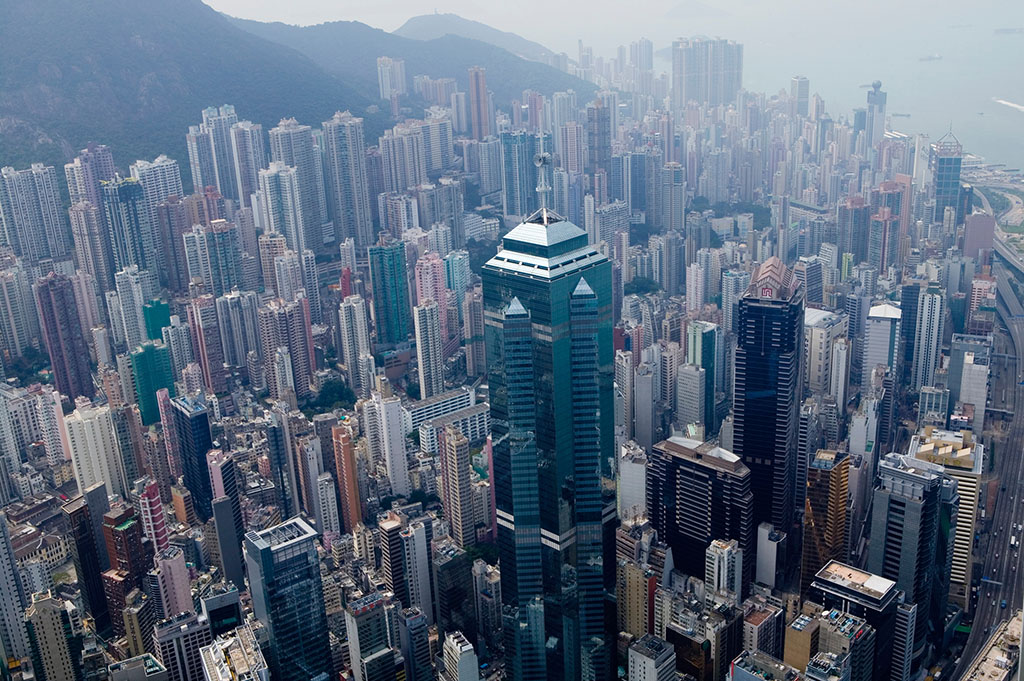Researchers from Macao Polytechnic Institute have uncovered a worrying trend: Hong Kong is getting hotter every decade. These results have been published in Advances in Atmospheric Sciences.
Using an econometric model known as the seasonal unit root test, the researchers investigated the monthly mean air temperature in Hong Kong over the period of January 1970 to December 2013.

Mean air temperature is rising in urban area of Hong Kong (Image from Baidu.com)
"The seasonal unit root test makes it possible to determine the stochastic trend of monthly temperatures using an autoregressive model," says Professor To Wai Ming. "We found that Hong Kong's urban mean air temperature has increased by 0.169°C per 10 years over the past four decades using monthly temperature data, or 0.174°C per 10 years using annual temperature data, and the trend is likely to persist."
The increase in Hong Kong's urban mean air temperature was higher than the increase in global mean air temperature. The model of monthly temperature obtained from the seasonal unit root analysis was able to explain 95.9 percent of the variance in the measured monthly data—much higher than the variance explained by the ordinary least-squares model using annual mean air temperature data and other studies alike. The model accurately predicted monthly mean air temperatures between January 2014 and December 2015, with a root-mean-square percentage error of 4.2 percent.
By analyzing the monthly air temperatures recorded at an urban site and a rural site, the researchers found that the urban heat island effect led to the urban site being on average 0.865°C warmer than the rural site over the past two decades. Furthermore, they showed that the increase in annual mean air temperature was significantly associated with the increase in population, gross domestic product, urban land use, and energy use. (Asian Scientist)

